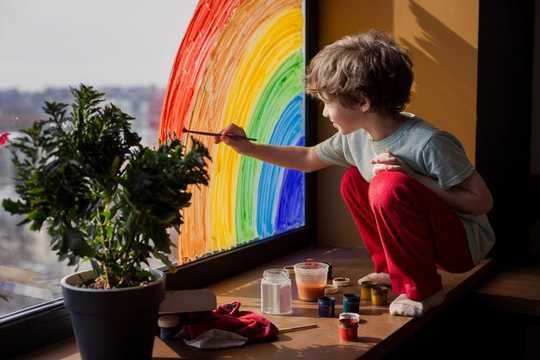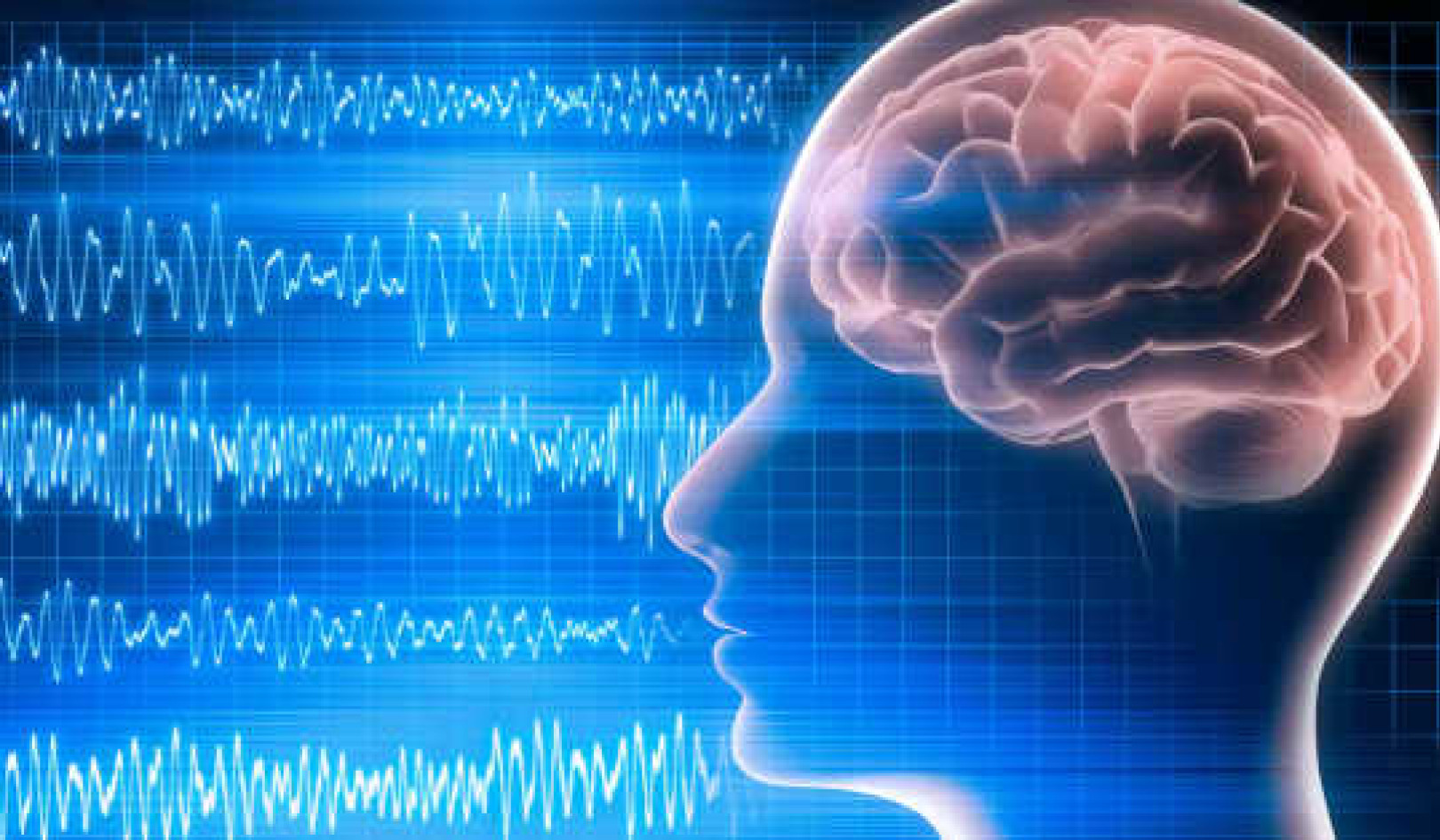 Colourful times. Shutterstock/Antipina Daria
Colourful times. Shutterstock/Antipina Daria
As well as attacking immune systems, COVID-19 has severely disrupted every aspect of society. It has altered the way we work, play, learn, exercise, shop, worship and socialise. The official response in many countries has been an urgent message that to do societal good, we need to adjust how we live.
So how are people dealing with these lifestyle changes? After all, human beings are generally not well disposed to radical departures from their routines. Surely there is a limit to how long people will accept unprecedented behavioural restrictions for the good of society ahead of their personal needs. Psychology can offer some insights into what’s likely going on.
Of course, not everyone has complied with the government’s instructions so far. Sunbathers, drinkers, barbecue cooks and football players have all attracted attention from the police and media.
But these instances should come as no surprise. As the proverb goes, “birds of a feather flock together” – people have a strong urge to spend time in physical proximity with each other.
They are also naturally hesitant to break social bonds because they are a fundamental human motivation, and research tells us that people desperately cling on to these bonds and the group memberships that underpin them because they benefit our psychological health.
Mental conflict
So resisting the temptation to engage in face to face social connection is not as easy as some might think. Breaking ties with our social groups can make us feel lonely, which can in turn increase the likelihood of depression, high blood pressure and death from heart disease.
As a result, many in lockdown are now experiencing what psychologists refer to as “cognitive dissonance” which occurs in situations when people experience mental discomfort for having opposing thoughts and feelings.
At the moment, nobody really wants to be locked down because it can make use feel isolated. The psychological dissonance between what we might think (that lockdown compliance is a good idea) and feel (loneliness) is a stark reality. We know that people will naturally attempt to reduce dissonance in order to maintain their mental wellbeing.
For instance, we have seen people striving to cope with psychological dissonance in different ways. There have been mass protests in the US, and elsewhere denials of the pandemic and countries claiming to be virus-free.
But mostly, people have coped by adjusting to new ways of living – much of it aided by modern technology. We have seen a vast range of virtual social events including pub quizzes, dance classes and breastfeeding support groups, shared exercise workouts and even the use of robots to help the vulnerable connect with others.
Cohesion and togetherness
History tells us that society can be socially cohesive in times of crisis, and coronavirus is presenting society with a formidable common enemy that does not distinguish between the reds and the blues. And research suggests that when faced with a common threat, a shared sense of togetherness can lead people to look past their differences and collectively respond to the challenges they face.
The rhetoric from some political leaders has sought to harness this power of togetherness by encouraging us to think less about our own interests and more about the interests of others. The British chancellor Rishi Sunak commented: “We want to look back on this time and remember how, in the face of a generation-defining moment, we undertook a collective national effort, and we stood together.”
Similarly, the Queen spoke of her hope that “in the years to come everyone will be able to take pride in how they responded to this challenge”.
We know that leaders who invoke a sense of shared vision and togetherness are better able to unite people for a collective purpose, particularly in the face of adversity. Martin Luther King Jr’s “I have a dream” speech is a famous example.
My current research explores why people are collectively motivated to co-operate in supportive ways. Right now, societal motivation for helping, sharing, donating and volunteering has never been so important.
In moments of crisis, studies suggests that a shared sense of “we-feeling”, or a mutual emotional connection with others, is paramount for motivating mass pro-social action. Feelings of closeness can lead to a shared affinity and concern for the welfare of others. Thus people who feel a part of a cohesive community can form a powerful shared identity with each other by serving those in need.
Despite the struggles, many of us have found ways to (partly) fulfil our human need for social and emotional connection. We have found innovative ways to communicate with other people at distance, and witnessed an encouraging sense of community and a new emphasis on the collective need. In our attempts to cope with a new way of living, perhaps we are unknowingly changing the blueprint for how we live our lives in the future.![]()
About The Author
Andy Levy, Reader in Psychology, Edge Hill University
This article is republished from The Conversation under a Creative Commons license. Read the original article.

Related Books:
Atomic Habits: An Easy & Proven Way to Build Good Habits & Break Bad Ones
by James Clear
Atomic Habits provides practical advice for developing good habits and breaking bad ones, based on scientific research on behavior change.
Click for more info or to order
The Four Tendencies: The Indispensable Personality Profiles That Reveal How to Make Your Life Better (and Other People's Lives Better, Too)
by Gretchen Rubin
The Four Tendencies identifies four personality types and explains how understanding your own tendencies can help you improve your relationships, work habits, and overall happiness.
Click for more info or to order
Think Again: The Power of Knowing What You Don't Know
by Adam Grant
Think Again explores how people can change their minds and attitudes, and offers strategies for improving critical thinking and decision making.
Click for more info or to order
The Body Keeps the Score: Brain, Mind, and Body in the Healing of Trauma
by Bessel van der Kolk
The Body Keeps the Score discusses the connection between trauma and physical health, and offers insights into how trauma can be treated and healed.
Click for more info or to order
The Psychology of Money: Timeless lessons on wealth, greed, and happiness
by Morgan Housel
The Psychology of Money examines the ways in which our attitudes and behaviors around money can shape our financial success and overall well-being.
























